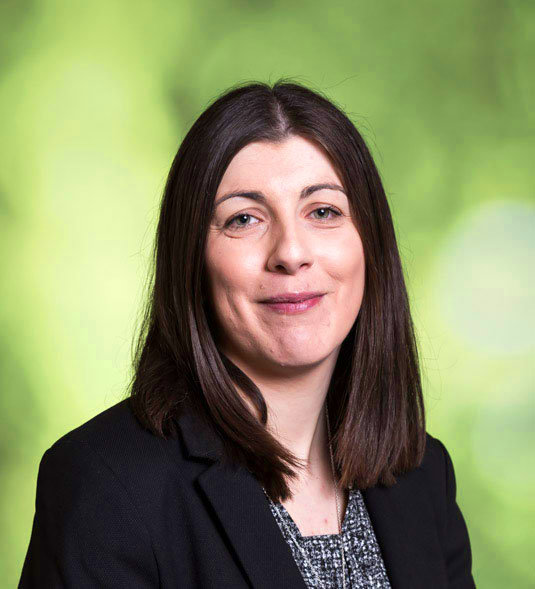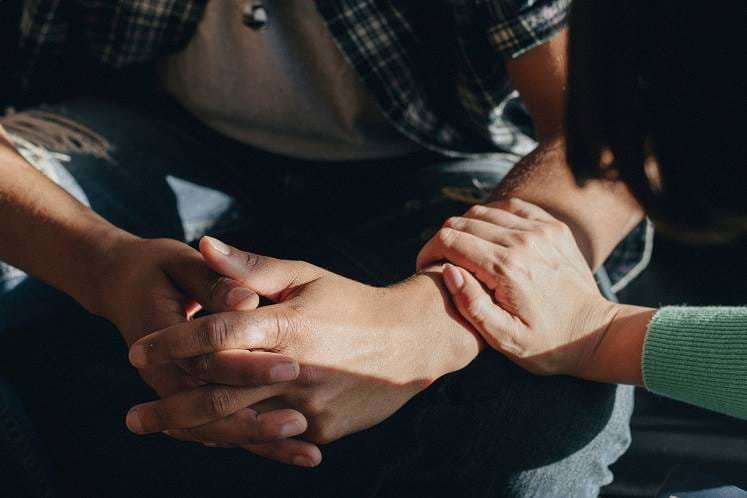What is Considered Sexual Abuse in Schools?
According to the Crown Prosecution Service (CPS), sexual abuse in schools is when a pupil is forced or persuaded to participate in any form of sexual activity, even if the pupil isn’t aware of what is happening. Violence doesn’t always have to play a part in sexual abuse and the pupil may even think that they have some control over the situation.
Sexual abuse may involve kissing, touching under or over clothes, sexual acts, and exposing the pupil to pornography.
Sexual abuse on children in schools can have long-lasting impacts on their life well into adulthood. It can cause psychological harm and even Post-Traumatic Stress Disorder (PTSD). Sometimes, the pupil may not present any symptoms until later on in life when they are capable of digesting what has happened to them.
In UK law a child is anyone who is under the age of 18. There are laws in England and Wales that are designed to protect children from child abuse in schools, including the Sexual Offences Act and Protection of Children Act.
Types of Sexual Abuse
In a school setting, a pupil may experience sexual abuse by teachers, adult staff members, or other children. Pupils may be forcibly subjected to sexual abuse or threatened into complying with sexual acts. They may even be groomed into allowing sexually abusive acts without realising.
If a teacher or other staff member engages in sexual abuse with a pupil, they are exploiting their power and authority. This may happen by the teacher grooming the pupil by offering special treatment over the other pupils to create a bond. As this bond grows, they may then start requesting sexual acts.
Or a teacher may even use their position of authority to force a pupil to comply with sexual abuse. For example, they may threaten to punish the pupil or to fail them in classes if they refuse to allow the sexual abuse to happen.
After the pupil has experienced sexual abuse, the abuser may convince the pupil that they will be in trouble if anyone finds out. This makes them believe that they have no one to talk to and it isolates them, leaving them more vulnerable.

Duty of Care and Responsibilities for Schools
All pupils should feel safe whilst at school and when participating in all the school activities. Schools have a responsibility to undertake risk assessments and implement policies that safeguards all pupils.
Both schools and teachers should maintain a good standard of care to the best of their ability and protect pupils from foreseeable harm.
If a pupil suffers abuse whilst they are at school or from school staff outside of school hours, the owners or managers of the school may be liable for the abuse if it is proven that the abuse was committed in the course of their employment.
Overall, the school as an establishment has a responsibility to make sure that pupils are not at risk and that no one who poses a threat works with them. They must also make sure that any reports of abuse, including sexual abuse, are dealt with properly.
Criteria for Sexual Abuse Claims
If you or your child experienced abuse from a teacher then you may be able to claim compensation.
If you or your child has experienced sexual abuse due to negligence at school, for example if the abuse was committed by another pupil it is important that you are able to show that the school breached their duty of care towards you, or your child. You must also show that the breach caused you, or your child, to experience sexual abuse.
If you intend on pursuing a criminal prosecution, it’s important to understand that this will not affect your claim for compensation as this is a separate matter altogether.
For example, you may decide to claim for compensation many years after the incident and after criminal prosecution has occurred.
Time Limits for Sexual Abuse Claims
The time limit in place for your claim depends on the type of claim you are making.
Anyone who has been abused in childhood has until their 21st birthday to issue proceedings at court against the organisation or individual responsible for the abuse. For anyone under the 18 legal proceedings must be brought by a Litigation Friend which is usually a parent or someone who has parental responsibility.
If you are making a Criminal Injuries Compensation Claim through the CICA, you usually have 2 years to make an application. If you the abuse was reported when you were a child you have until your 20th birthday to make an application to the CICA. If it was reported when you were an adult you have 2 years from the date of the report to the police to make an application.
However, there are exceptions to these time limits, if you were a child when the abuse took place.
If the victim of sexual abuse doesn’t have mental capacity, this may remove the time limit altogether, unless they regain mental capacity further down the line. Whilst they are lacking mental capacity, a close relative can start a claim on their behalf.
Evidence for Sexual Abuse Claims
If you have experienced sexual abuse at school, there are certain types of evidence that we may need to collect for your claim.
Here at Simpson Millar we understand that gathering evidence can be difficult. We will assist by gathering the evidence on your behalf throughout this process. Our specialist solicitors have a wealth of experience with handling sexual abuse school claims, so they know exactly where to look and how to obtain all the necessary evidence.
Legal Aid
Legal aid is available for sexual abuse claims against organisations or individuals if you are financially eligible. Our specialist solicitors can assess whether you are eligible and advise you of the best funding options.
No Win, No Fee Agreement
We understand that when you are facing a compensation claim for sexual abuse at school, finances will be the last thing you want to think about. If you are not eligible for legal aid ,we may be able to deal with your claim on a No Win, No Fee agreement.
This type of agreement allows you to focus on your claim without thinking about how you will cover the cost.
If we are able to assist you with your case we will discuss our No Win, No Fee agreements with you in detail, so you know exactly how it all works. To see if you are eligible for funding help, contact us today to arrange a free consultation.
Why Choose Us
Our compassionate Child Abuse Solicitors understand how difficult it is to trust someone to talk openly about the abuse that you suffered as a child. Which is why we will take things at your pace, and we are ready to listen when you are ready to talk.
If we are able to help you with our case, we will get to know you and learn about what happened to you as a child at school We can work closely with you and your needs, so you never feel pressured.
You will be given a dedicated solicitor and team who will work on your case, so you will only ever speak with familiar people. We hope that this allows you to develop trust, so you can talk openly about your experience.










